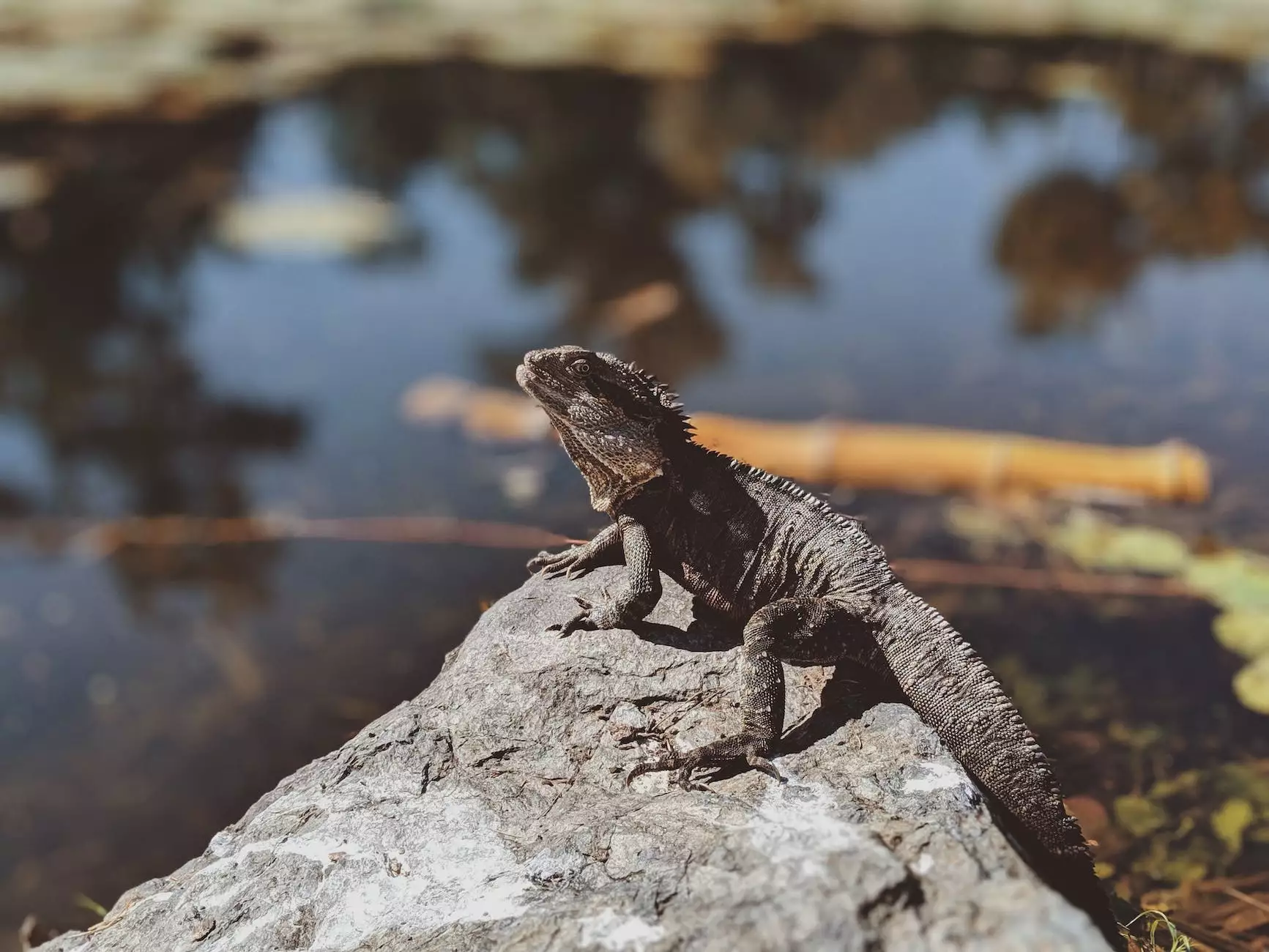Buy a Lizard: Your Comprehensive Guide to Reptile Ownership

Owning a lizard can be a rewarding experience. As unique and fascinating pets, lizards offer companionship and enjoyment for reptile enthusiasts. If you’re considering buying a lizard, whether for yourself or as a gift for someone special, this guide will provide you with all the essential information on adopting, breeding, and purchasing from reptile shops.
Understanding Why Lizards Make Great Pets
Lizards are among the most diverse reptiles, boasting a wide variety of species, each with its own unique traits and characteristics. Here are several reasons why you might want to buy a lizard:
- Low Maintenance: Compared to traditional pets like dogs and cats, many lizards require less daily care, making them suitable for busy individuals.
- Space Efficient: Lizards don’t need vast amounts of space to thrive. A well-designed terrarium can accommodate their needs.
- Variety: With over 6,000 species of lizards available globally, there’s a perfect match for everyone—whether you want a tiny gecko or a majestic iguana.
- Educational Value: Keeping a lizard as a pet can be a great way to learn about biology, ecosystems, and responsible pet ownership.
Choosing the Right Lizard Species
When deciding to buy a lizard, it’s essential to consider which species aligns with your lifestyle and experience level. Here are some popular options:
1. Bearded Dragon
Bearded dragons are friendly and easy to care for, making them a popular choice for beginners. They enjoy handling and are known for their docile nature.
2. Leopard Gecko
Leopard geckos are hardy, have simple dietary requirements, and are nocturnal, which makes them ideal for those who may not be home during the day.
3. Corn Snake
While not a lizard, corn snakes are often chosen by those looking to expand their reptile collection. They are gentle and come in various beautiful color patterns.
4. Chameleon
Chameleons are visually striking but require more complicated care regarding lighting and humidity. They are best suited for experienced keepers.
5. Anole
Anoles are small, colorful lizards that thrive in groups. They’re relatively easy to care for, making them suitable for children and novice reptile owners.
Where to Buy a Lizard
Once you’ve chosen the right lizard species, the next step is to find a reputable source. Here are some options:
Reptile Shops
Reptile shops are a great place to buy a lizard. They typically provide a variety of species, and their staff can offer advice on care and habitat setup. Be sure to ask about the source of their animals, ensuring they come from ethical breeders.
Pet Breeders
Purchasing from a breeder can often provide a healthier animal. Breeders will have extensive knowledge about their lizards, including care requirements and temperament. Look for breeders who are well-reviewed and have a good reputation in the community.
Pet Adoption Centers
Adopting a lizard is a compassionate option. Many reptiles find themselves in shelters due to owners’ inability to provide care. Many adoption centers will have health-checked and socialized animals looking for new homes.
Preparing Your Home for a Lizard
Before you buy a lizard, it’s crucial to set up a suitable habitat. Everyone’s environment will differ based on the species selected, but here are some general steps:
1. Choosing the Right Enclosure
The size and type of enclosure depend on the lizard species. Most adult lizards require at least a 40-gallon tank. Ensure the terrarium is secure and well-ventilated.
2. Creating the Right Environment
Proper heating, lighting, and humidity levels are vital for lizard health. Install appropriate lamps for UVB and heat, and include hiding spots and climbing structures.
3. Substrate Selection
Choose a substrate that is safe and easy to clean. Options include non-toxic reptile carpet, paper towels, or coconut fiber, depending on the species.
4. Providing Food and Water
Establish a feeding routine. Most lizards eat insects, while others may require leafy greens or specialized pellets. Fresh water should always be available, suitably changed regularly.
Understanding Your Lizard’s Needs
Every lizard has unique care requirements essential for healthy and happy life. Understanding these needs will help you provide the best environment:
Dietary Requirements
The diet varies widely among species. For example, insectivores like the leopard gecko need a diet consisting of crickets and mealworms, while herbivores like the bearded dragon require leafy greens and veggies.
Behavioral Needs
Understanding your lizard's behavior is crucial. For instance, many lizards enjoy basking under heat lamps, while others may prefer hiding in their enclosure. Observe your lizard's habits to cater to its comfort.
Handling and Interaction
While not all lizards are suitable for handling, species like bearded dragons can benefit from gentle socialization. This interaction can strengthen the bond between you and your pet, leading to a more trusting relationship.
Health Considerations
Ensuring your lizard remains healthy is an essential aspect of lizard ownership. Here are some common health considerations:
1. Regular Vet Check-Ups
Like any pet, lizards benefit from regular veterinary check-ups to monitor their health and catch any potential issues early on.
2. Recognizing Signs of Illness
Familiarize yourself with signs of illness, such as lack of appetite, lethargy, or abnormal behavior. If you notice any red flags, consult a reptile-savvy veterinarian promptly.
3. Caring for Shedding
Lizards shed skin regularly. Ensure conditions allow for easy shedding, particularly with humidity levels. Providing a rough surface in the habitat can help lizards remove old skin more easily.
Conclusion: Making a Commitment to Your Lizard
When you decide to buy a lizard, you are making a commitment to care for a living being that has specific needs and requires dedication. From the initial setup of their habitat to their ongoing care, the journey of lizard ownership can be one filled with wonder and learning.
We hope this guide has increased your awareness and enthusiasm for lizards. Embrace the joy of pet ownership, and don’t hesitate to reach out to the local reptile community or experts at buyreptilesaus.com for additional resources and support on your reptile adventure!









